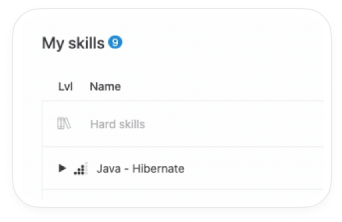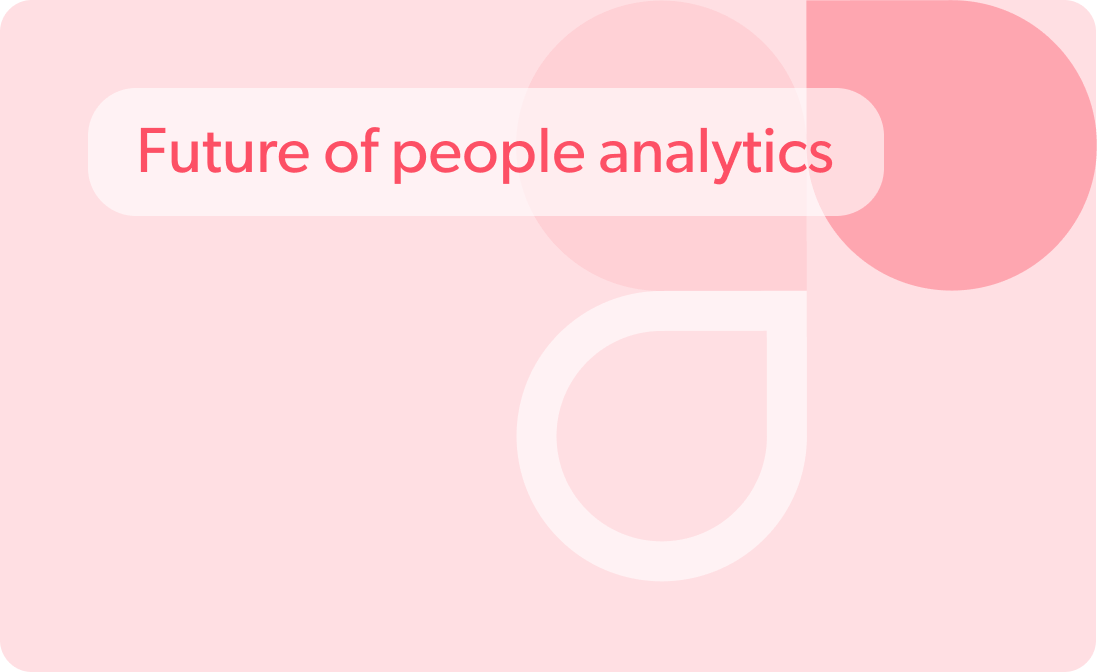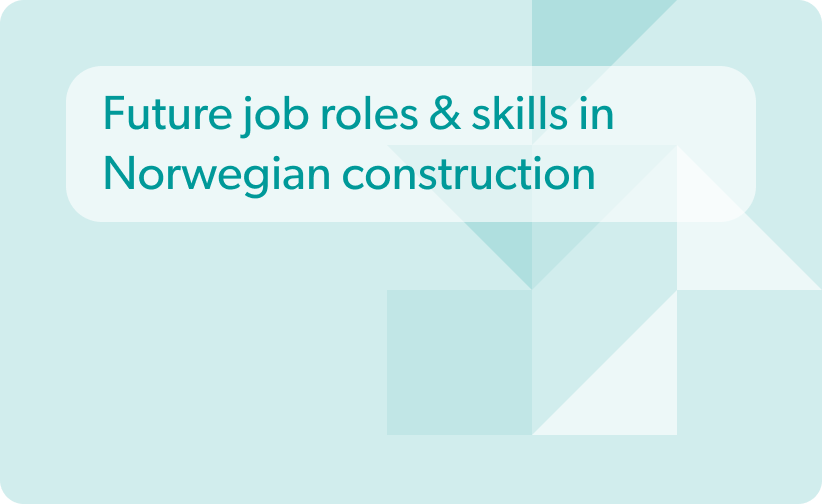Top 8 employability skills employees should possess to stay competitive
What are employability skills, and why are they important?
Employability and employability skills are terms we hear frequently. Hillage and Pollard define employability as “the capability to move self-sufficiently within the labor market to realize potential through sustainable employment.”
According to this definition, employability is not only about whether an individual can get and hold a job but also about the broader set of attributes and skills that will help the employee succeed in their career. Furthermore, employability is not only the capacity of the individual to hold on to a job but also takes into account job market conditions.
Top 8 employability skills for 2023
What are the most important employability skills? While there is no set list of the most desirable employability skills, we’ve compiled a handy guide to employability skills that apply to almost every career.
1. Communication skills
Communication is one of the most important employability skills. In addition, communication plays a vital role in promoting motivation among employees. For instance, a person who is well-spoken is more confident than someone who cannot explain their capabilities. Communication skills also assist in various administrative processes and help control employees’ behavior.
Read more on how you can assess your employees’ communication skills and proactively develop them.
2. Active learning skills
The concept of active learning is not new; it’s essentially interactive, learner-centered training that develops learners’ ability to process and use information. But working it into online training and using it to help with remote employee training and team building presents new challenges.
Conventional learning and training focus on recalling information and can cause learners to focus on getting the right answer rather than on gaining more profound understanding and building connections between pieces of information. Active learning makes it safe to make mistakes while exploring content deeply and empowers people to control their learning.
3. Resilience, stress management & flexibility
Resilience is the capacity to recover positivity towards oneself and others to rebound after setbacks, difficulties, or unexpected changes. Stress management is the capacity to endure pressure or uncertainty without adopting a negative attitude (e.g., hopeless, bitter, or hostile) towards oneself or others. Flexibility means one can easily change plans and quickly adapt to new situations.
Modern training approaches such as simulations allow learners to apply new employability skills in a safe-to-fail environment that builds confidence and experience in applying new abilities. Project management training helps people improve how they manage their own projects and contribute to projects managed by others. Critical thinking skills are evergreen capabilities that sustain high value, particularly in periods of crisis, innovation, and change.
4. Data literacy
In a data-driven world, industry leaders should develop strong data literacy within their organizations. Data literacy represents the ability of an organization’s personnel to identify, understand, and use data. The benefits of investing in this employability skill are two-fold. First, data literacy enables accurate, data-based communication among employees. Second, it allows for turning data into action and eases decision-making.
5. Cybersecurity
Business information is a valuable asset that organizations constantly protect. Any business without adequate security in their network, technologies, or database will be at risk of an attack, which can harm the business or even cause it to fail. An effective cybersecurity training is crucial for an organization to protect its resources and therefore is an essential employability skill.
In addition, in a highly driven digital work environment, businesses need to adapt to the rapid pace of digital transformation. It’s important for any business in the online space to secure their data with the utmost care from hacking or risk of data loss.
6. Remote collaboration & communication
Working from a distance while collaborating and coordinating can be more complicated than working together in a physical space. Therefore, employability skills like cooperation and collaboration become crucial. Fortunately, most businesses provide access to relevant collaboration tools to their remote employees. These make the job easier, but a learning curve is involved in many cases.
Various factors can influence people’s ability to work with each other. For instance, a survey by GoRemotely revealed that 83% of workers prefer to use technology for collaboration when working with others. This emphasizes the importance of getting the right collaboration tools to bring your team together and ensuring that employees know how to use them efficiently.
Get more insights in this guide to managing remote employees.
7. Problem-solving
Problem-solving in the workplace refers to a person’s ability to handle difficult or unexpected situations and find solutions to complex business challenges. Employees with exceptional problem-solving skills can carefully analyze the problem, identify a range of potential solutions, and select the most effective solutions to remedy the situation.
Employees with poor problem-solving abilities cannot be relied upon when the unexpected happens, shifting the burden on other staff. As a result, problem-solving is a common core competency when hiring professional, managerial, or technical roles and is highly prized by HR professionals and hiring managers.
Read how you can assess your employees’ problem-solving skills.
8. Leadership
New managers are often promoted without training or support that helps them build the skills they need in their new position. As a result, they may focus on solving short-term operational problems while losing sight of long-term objectives. On the other hand, the best leaders use strategic skills to achieve both short-term and long-term goals.
HR professionals can help build a learning program that helps managers analyze the industry at a macro and micro level, understand details that will affect their decisions, and develop their identity as leaders. Support and nurture employees with strategic talents and leadership capabilities to ensure you don’t lose future leaders.
Learn about employability skills, key competencies of modern leaders, and ways to strengthen the leaders
Reskilling, upskilling, and cross-skilling solutions
There’s no such thing as a job for life in today’s world. Automation continues to advance industries, and people should learn new skills as technologies, the economy, and jobs evolve. But the future of work is about much more than the relationship between technology and humans. It’s about completely new ways of working, the need for belonging, and creating value – for the individual and the organization.
At HRForecast, we lay down the pathway to reskill, upskill, or cross-skill your employees with future-centric skills by proactively developing individual futureproof plans. Employees can use their plans to guide their career path and identify and develop the skills needed to succeed. This might involve enhancing their skills for their current role (upskilling), training to move to a different role (reskilling), or preparing for careers and opportunities beyond the business (cross-skilling).
Our future workforce planning enables organizations to embrace and benefit from a change by ensuring that people have the right skills for the future. Our ultimate goal is to ensure no one is left behind as the world of work continues to change by replacing job titles with skills to develop a future-fit workforce. Get in touch with our consultants to learn more.
Stay up to date with our newsletter
Every month, we’ll send you a curated newsletter with our updates and the latest industry news.


























 info@hrforecast.de
info@hrforecast.de
 +49 89 215384810
+49 89 215384810






